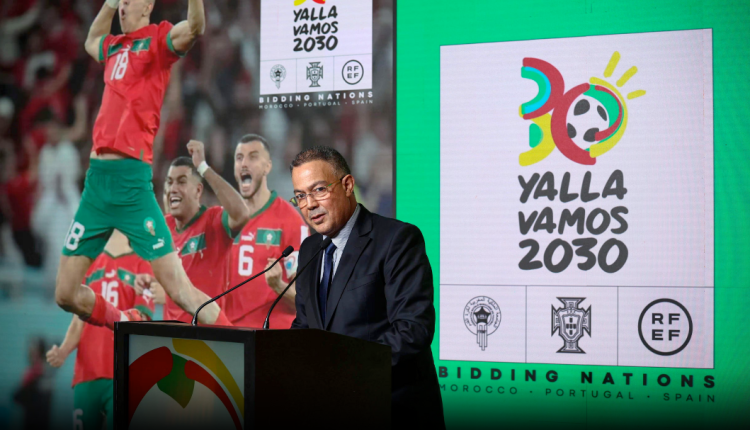Morocco is setting high expectations for the 2030 FIFA World Cup, which it will co-host with Spain and Portugal. At a recent panel in Rabat, Minister of Economy and Finance Nadia Fettah outlined the potential economic windfall, projecting that the event could generate over 100,000 new jobs each year and boost national GDP by 1.7%. These estimates, based on detailed economic models, were presented during the 8th edition of the Morocco Today Forum, held under the High Patronage of King Mohammed VI.
For Fettah, the World Cup is far more than a sporting event—it’s a rare opportunity to reshape the country’s economic foundation. She stressed that success hinges on the involvement of all sectors, with particular emphasis on the entrepreneurial ecosystem. Large Moroccan firms stand to gain significantly, but it’s the integration of small and medium-sized enterprises that will determine whether the economic momentum reaches all layers of society. “Morocco is embarking on a major transformation, and it starts now,” she stated.
Financial inclusion is also central to the government’s strategy. Fettah sees the World Cup as a catalyst for expanding access to banking services, especially among artisans, through mobile banking solutions. This economic shift goes hand-in-hand with planned upgrades to the country’s transport networks and digital infrastructure.
On the digital front, Minister Delegate for Digital Transition Amal El Fallah Seghrouchni highlighted the need for an agile and trustworthy public administration to support this strategic turning point. She pointed to three essential pillars: building trust in digital tools, enabling citizen interaction with new technologies, and demanding accountability from public services.
A comprehensive digital bill is currently being finalized and is expected to go before Parliament after the summer recess. Developed in collaboration with various institutions, the legislation aims to establish long-term trust between citizens and digital platforms.
El Fallah Seghrouchni also underscored the country’s growing focus on training, awareness, and investment in generative artificial intelligence, which she called a key driver in democratizing digital access on a broad scale.
Held in Casablanca and organized by the media group Le Matin, the forum carried the theme: “Turning 2030 into a Catalyst for Morocco’s Socio-Economic Development.” It brought together a wide range of economic, political, and scientific leaders. Prime Minister Aziz Akhannouch addressed the gathering via video message, while notable speakers included Ryad Mezzour, Chakib Alj, and Mohamed Kettani—all contributing to a forward-looking conversation about Morocco’s long-term vision.
